Is Rice Good For Muscle Growth
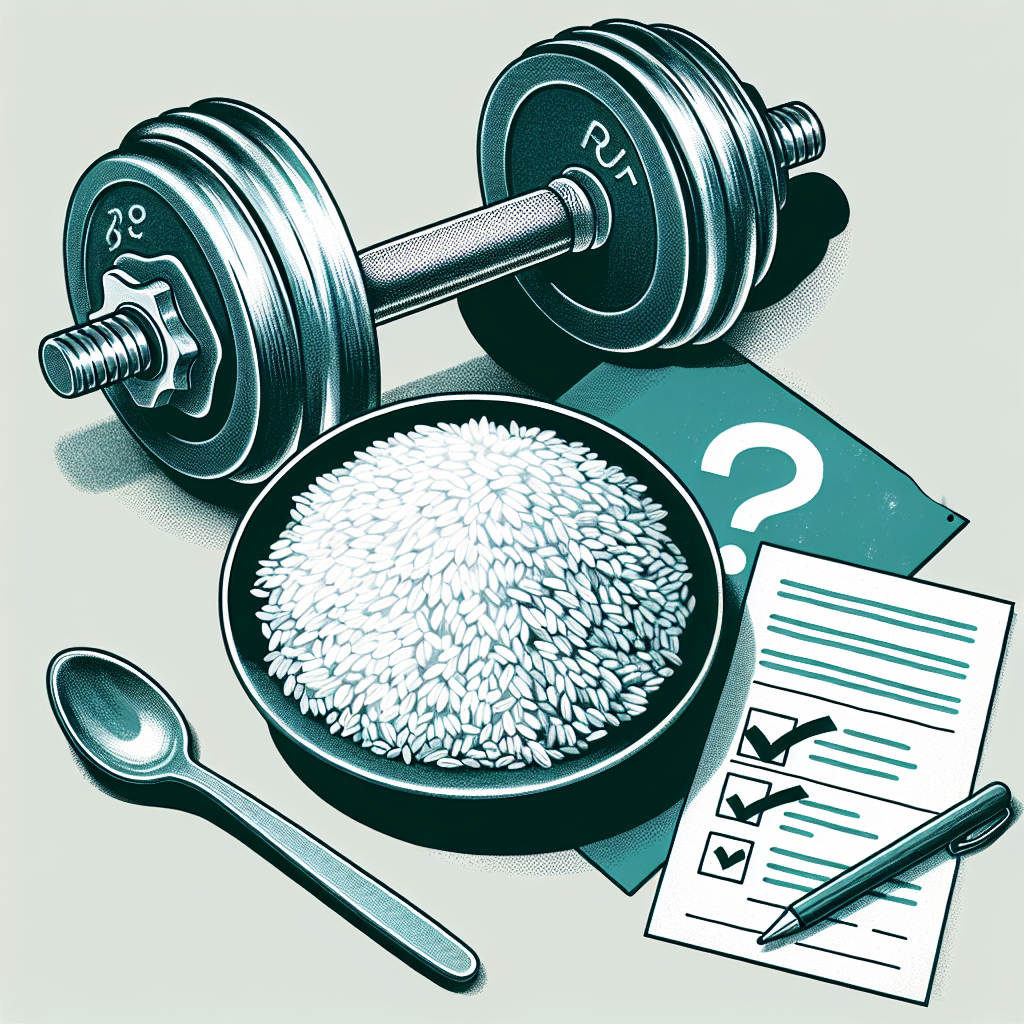
Imagine the sizzle of chicken on a grill, the vibrant green of broccoli steamed to perfection, and alongside it all, a fluffy mound of white rice, steaming gently. For many, this is the quintessential "bodybuilder's meal," a symbol of dedication and the pursuit of muscle growth. But is rice truly the muscle-building champion it's often portrayed to be? Or is it merely a convenient, readily available side dish?
The question of whether rice is "good" for muscle growth is complex, with no simple yes or no answer. It depends on various factors including the type of rice, individual dietary needs, training intensity, and overall macronutrient intake. While rice can be a valuable source of carbohydrates, a crucial energy source for intense workouts and muscle recovery, its role in muscle protein synthesis (MPS) is indirect, hinging on how it fits within a balanced diet.
The Carbohydrate Connection: Fueling Your Gains
At its core, rice is primarily a source of carbohydrates. Carbohydrates are the body's preferred energy source, especially during high-intensity activities like weightlifting. When you consume rice, the carbohydrates are broken down into glucose, which then fuels your muscles during training and replenishes glycogen stores afterward.
Glycogen, stored glucose in your muscles and liver, is vital for performance and recovery. Without adequate carbohydrate intake, your body might turn to muscle protein for energy, hindering muscle growth. This is known as muscle catabolism, the exact opposite of what we want.
A study published in the Journal of the International Society of Sports Nutrition emphasizes the importance of carbohydrate intake for athletes. It highlights how adequate carbohydrate consumption supports glycogen repletion, reducing muscle protein breakdown and potentially enhancing muscle recovery and growth.
White Rice vs. Brown Rice: A Grain of Difference?
The type of rice you choose can also impact its potential benefits for muscle growth. White rice and brown rice, while both being rice, differ significantly in their nutritional profiles. Brown rice is a whole grain, meaning it retains the bran and germ, which are rich in fiber, vitamins, and minerals.
White rice, on the other hand, has had the bran and germ removed, resulting in a lower fiber content and a slightly different glycemic index (GI). Glycemic index measures how quickly a food raises blood sugar levels. High GI foods, like white rice, can cause a rapid spike in blood sugar followed by a crash.
Brown rice, with its higher fiber content, has a lower GI, leading to a more gradual release of glucose. This can be beneficial for sustained energy levels and better blood sugar control. However, some athletes prefer white rice post-workout for its rapid glucose delivery, facilitating faster glycogen replenishment. Some research suggest that faster glycogen repletion is beneficial for certain types of athletes and workouts.
Ultimately, the choice between white and brown rice depends on individual preferences and needs. Both can be incorporated into a muscle-building diet, but brown rice offers additional nutritional benefits.
Rice and Protein: The Dynamic Duo
While rice provides carbohydrates, it's essential to remember that muscle growth requires protein. Rice alone won't build muscle; it needs to be paired with adequate protein intake to support muscle protein synthesis. Protein provides the amino acids, the building blocks of muscle tissue. Think of rice as the fuel for the construction crew (protein), while protein are the bricks to build new muscle.
Sources of protein include lean meats, poultry, fish, eggs, dairy products, and plant-based options like legumes and tofu. A complete protein meal, combining rice with a quality protein source, is crucial for optimizing muscle growth. For example, pairing rice with grilled chicken or tofu ensures you get both the carbohydrates for energy and the protein for muscle repair and growth.
The timing of your rice consumption can also play a role. Consuming rice post-workout can help replenish glycogen stores and prepare your body for the next training session. Combining it with a protein source after training maximizes muscle recovery and growth.
Beyond the Basics: Individual Considerations
The optimal amount of rice for muscle growth varies depending on individual factors such as activity level, body weight, and goals. Athletes with high training volumes may require more carbohydrates than sedentary individuals. It’s also important to consider total daily calorie intake and macronutrient ratios (protein, carbohydrates, and fats).
Some people may find that rice digests easily and provides a good energy source, while others may experience bloating or digestive discomfort. It's crucial to listen to your body and adjust your rice intake accordingly. A nutritionist or registered dietitian can help you determine the right amount of rice and other carbohydrates for your specific needs and goals.
It's important to remember that rice isn't a magic bullet. A balanced diet, consistent training, and adequate rest are all essential for muscle growth. Don't rely solely on rice or any single food to achieve your fitness goals.
Gluten-Free Advantage? Addressing Misconceptions
Rice is naturally gluten-free, which is a significant advantage for individuals with celiac disease or gluten sensitivity. Gluten is a protein found in wheat, barley, and rye. For those with gluten intolerance, consuming gluten can cause digestive issues and inflammation, potentially hindering nutrient absorption and overall well-being.
Choosing rice as a carbohydrate source allows these individuals to fuel their workouts and recovery without triggering adverse reactions. However, it's important to note that being gluten-free does not automatically make rice superior for muscle growth for everyone. If you don't have gluten sensitivity, other carbohydrate sources like quinoa, oats, and sweet potatoes can also be excellent options.
The gluten-free aspect of rice mainly caters to a specific dietary need, offering a safe and effective carbohydrate choice for those who must avoid gluten. For those without gluten intolerance, it's one of many choices they can make.
The Bottom Line: Rice as Part of a Holistic Approach
So, is rice good for muscle growth? The answer is nuanced. Rice can be a valuable component of a muscle-building diet, providing carbohydrates for energy and glycogen replenishment. However, it's not a standalone solution. It needs to be combined with adequate protein intake, a balanced diet, consistent training, and sufficient rest.
The type of rice you choose (white or brown), the timing of your consumption, and your individual needs all play a role in maximizing its benefits. Listen to your body, experiment with different approaches, and seek guidance from a qualified professional to determine what works best for you.
Ultimately, the pursuit of muscle growth is a holistic endeavor. It's about nourishing your body with the right fuel, challenging your muscles with consistent training, and allowing yourself adequate time to recover. Rice can certainly be a part of that journey, helping you reach your full potential. Don’t overthink it, just add rice to your bodybuilding diet!
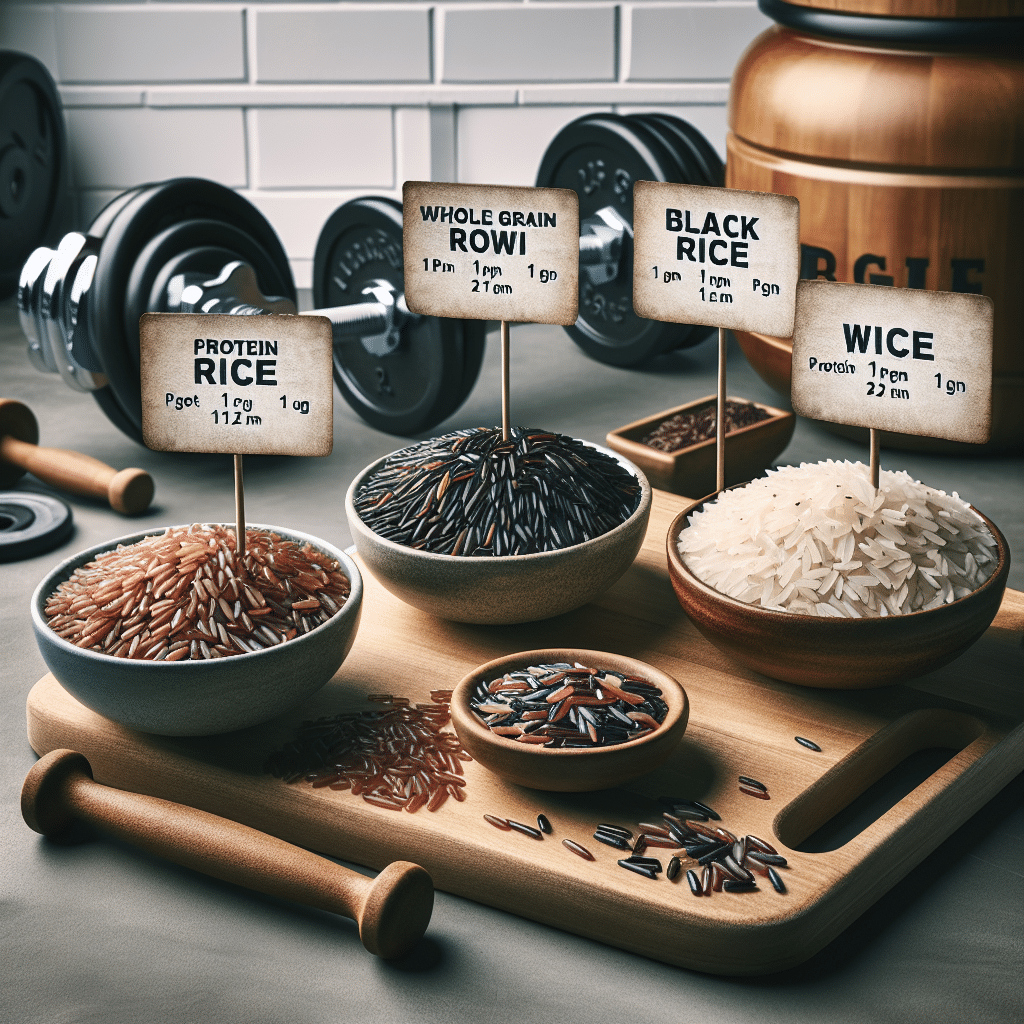
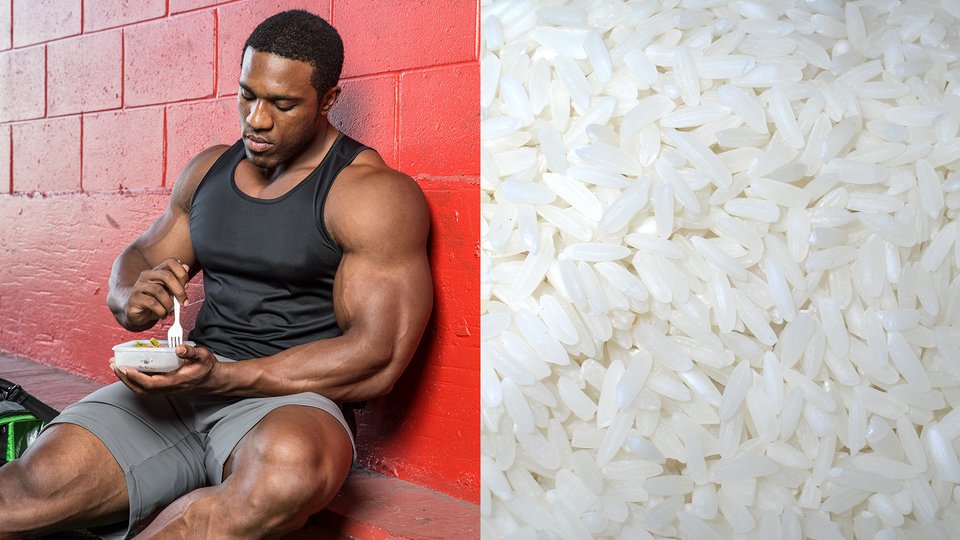

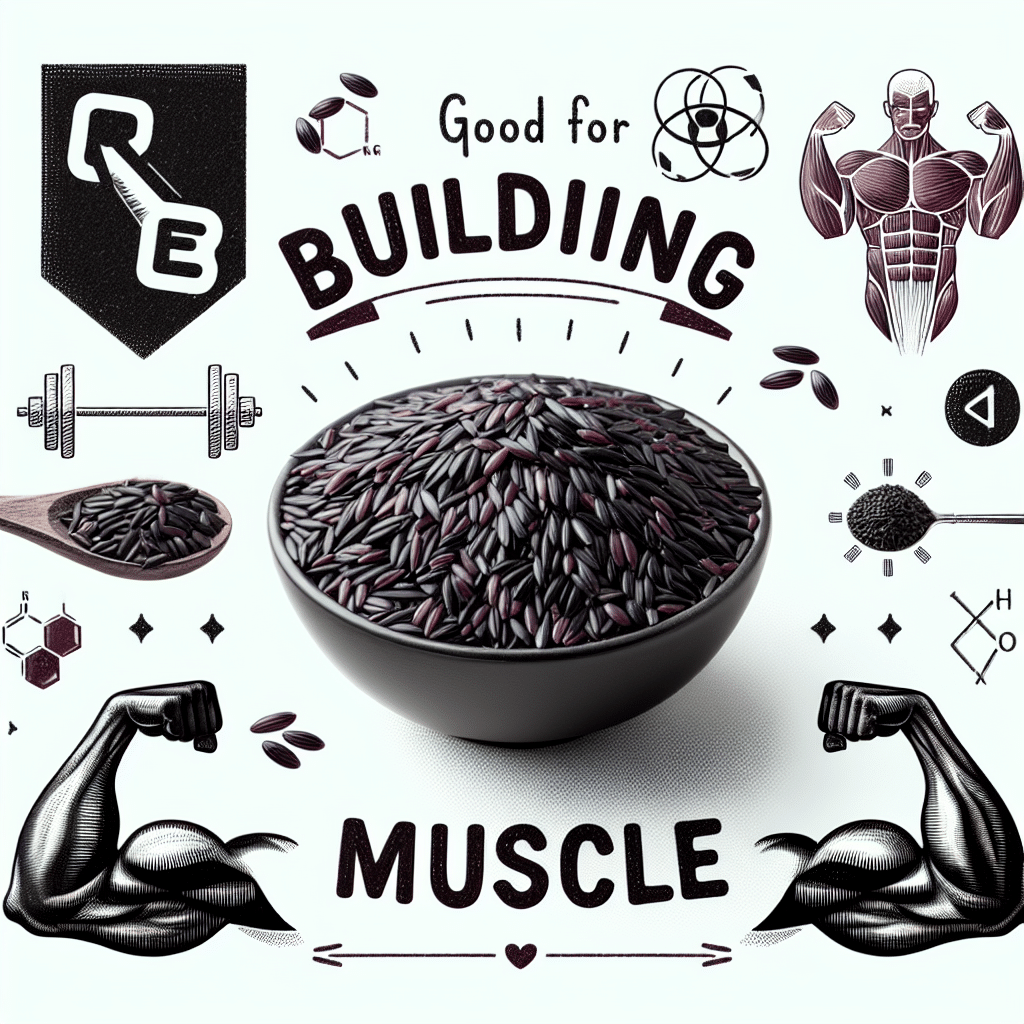
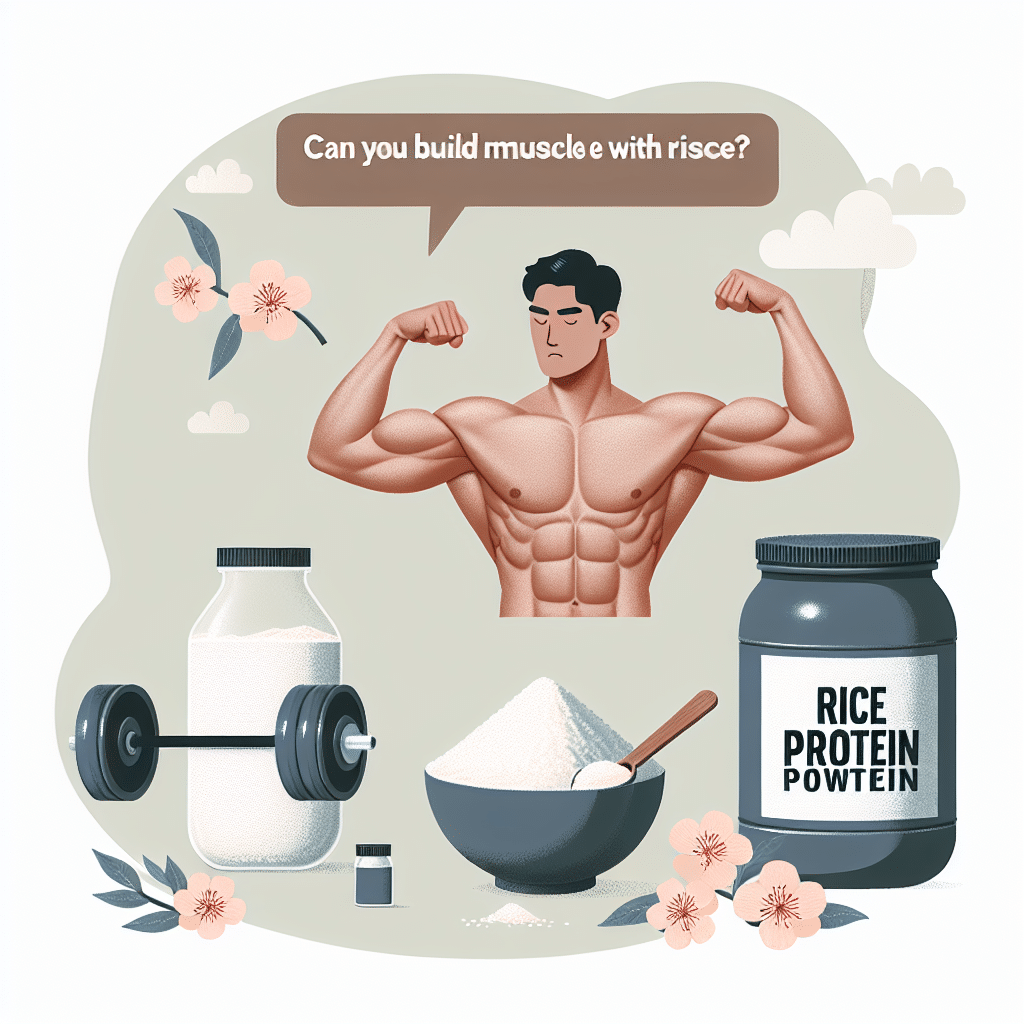
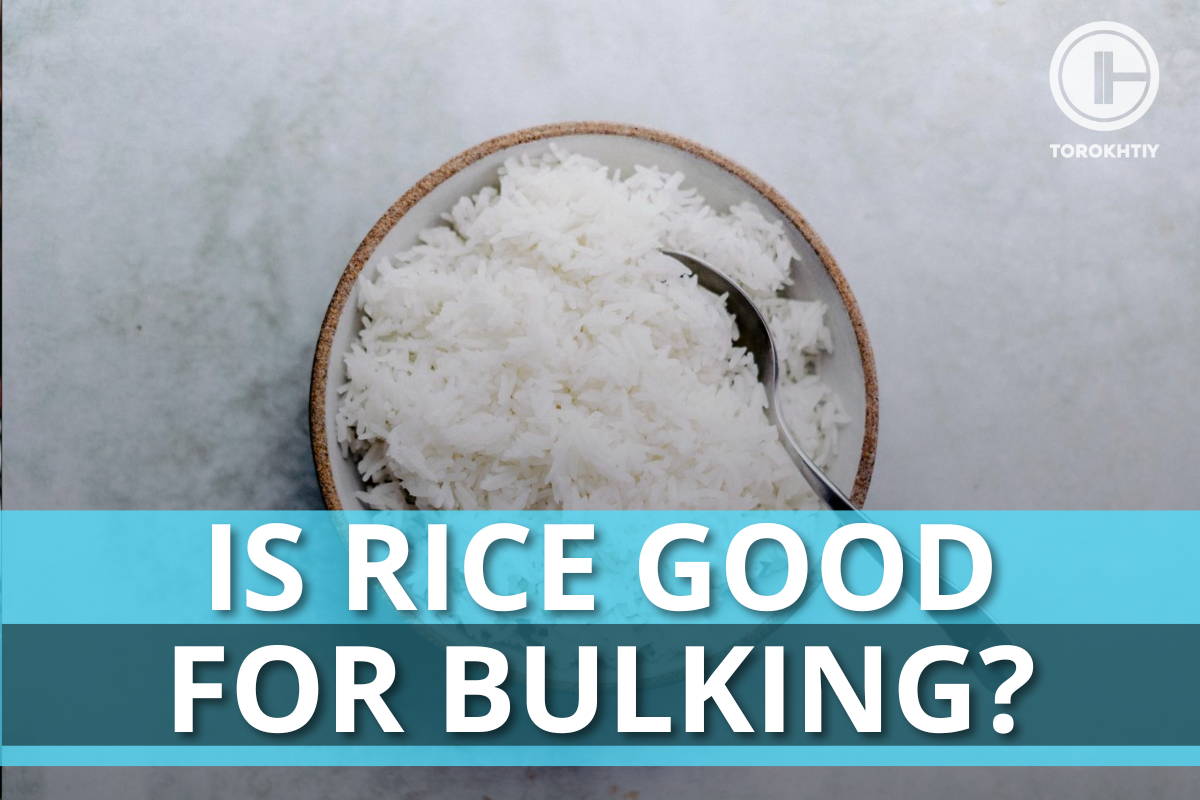
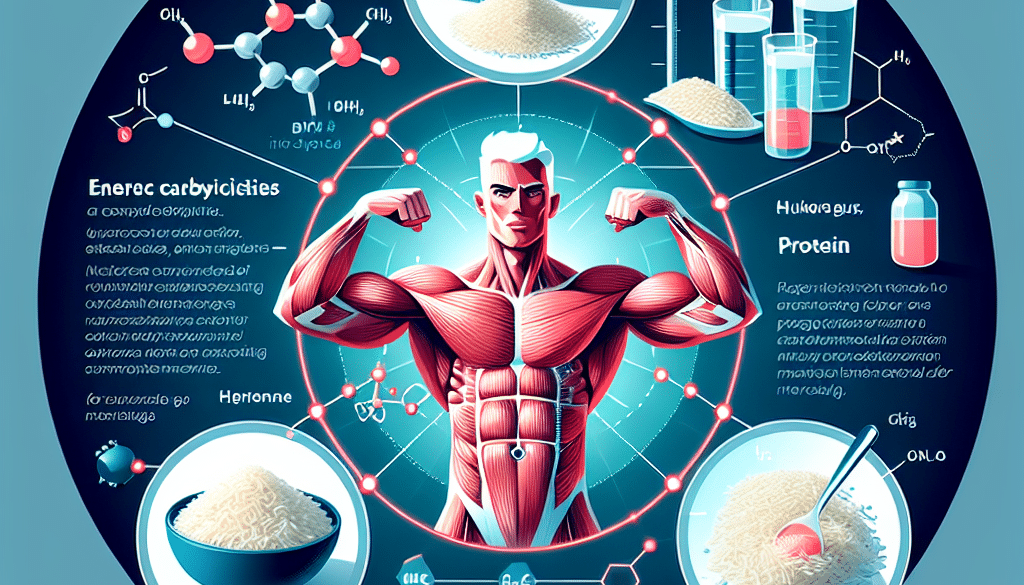
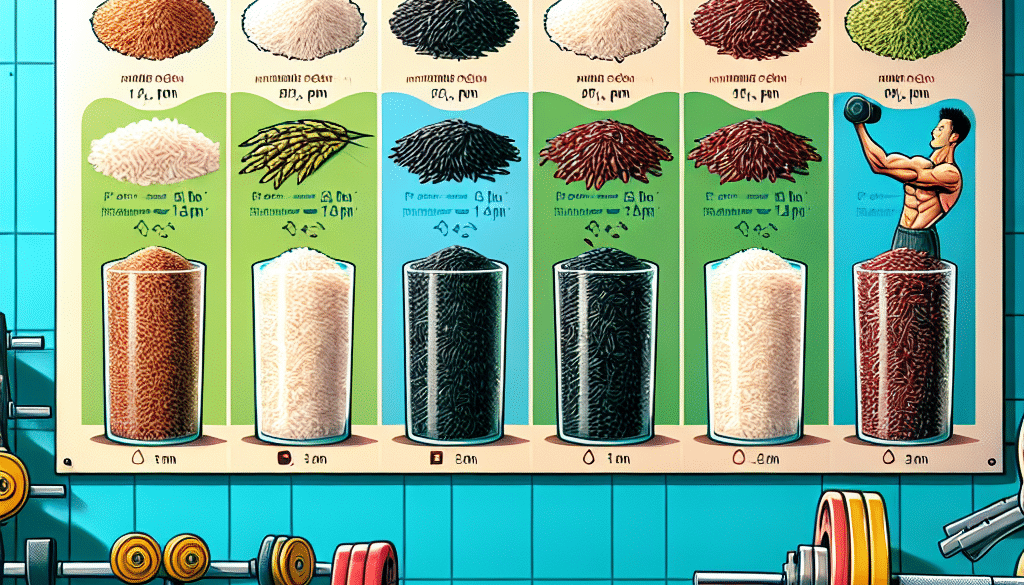







![Is Rice Good For Muscle Growth Is rice protein good for building muscle? [2022] | QAQooking.wiki](https://qaqooking.wiki/public/cdn/is-rice-protein-good-for-building-muscle.jpg)


